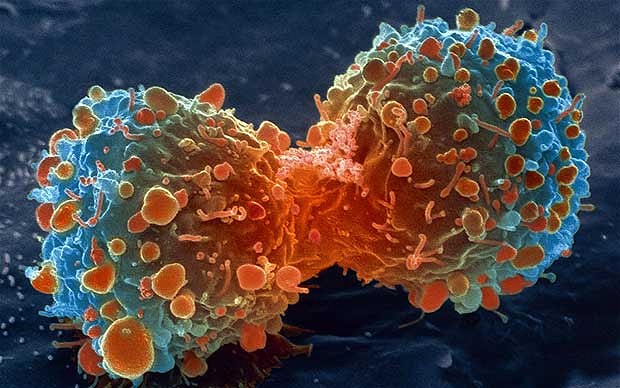A new study has shown that artificial intelligence (AI) is nearly twice as good at grading the aggressiveness of retroperitoneal sarcoma from scans as the current method.
Retroperitoneal sarcoma is a rare type of cancer that develops in the back of the abdomen, next to the kidneys.
It develops over a long period of time undetected and can grow to massive sizes.
In their study published in Lancet Oncology, researchers from the Royal Marsden Hospital and Institute of Cancer Research used a technique called radiomics to identify signs, invisible to the naked eye, of the cancer in scans of 170 patients.
Advertisement
With the data, the AI algorithm was able to grade the aggressiveness of patients’ tumours from scans, much more accurately than biopsies, in which a small part of the cancerous tissue is analysed under a microscope.
The AI was 82 percent accurate, compared with 44 percent for the lab analysis.
“Our validated radiomics model can predict the histological type and grade of retroperitoneal sarcomas with excellent performance,” the researchers wrote.
Advertisement
“This could have important implications for improving diagnosis and risk stratification in retroperitoneal sarcomas.”
Christina Messiou, consultant radiologist at Royal Marsden NHS Foundation Trust, said scientists are incredibly excited by the potential of this state-of-the-art technology.
“It could lead to patients having better outcomes, through faster diagnosis and more effectively personalised treatment,” she said.
On his part, Paul Huang, from the Institute of Cancer Research, London, said: “This kind of technology has the potential to transform the lives of people with sarcoma — enabling personalised treatment plans tailored to the specific biology of their cancer”.
Advertisement
“It’s great to see such promising findings,” he added.
Add a comment






